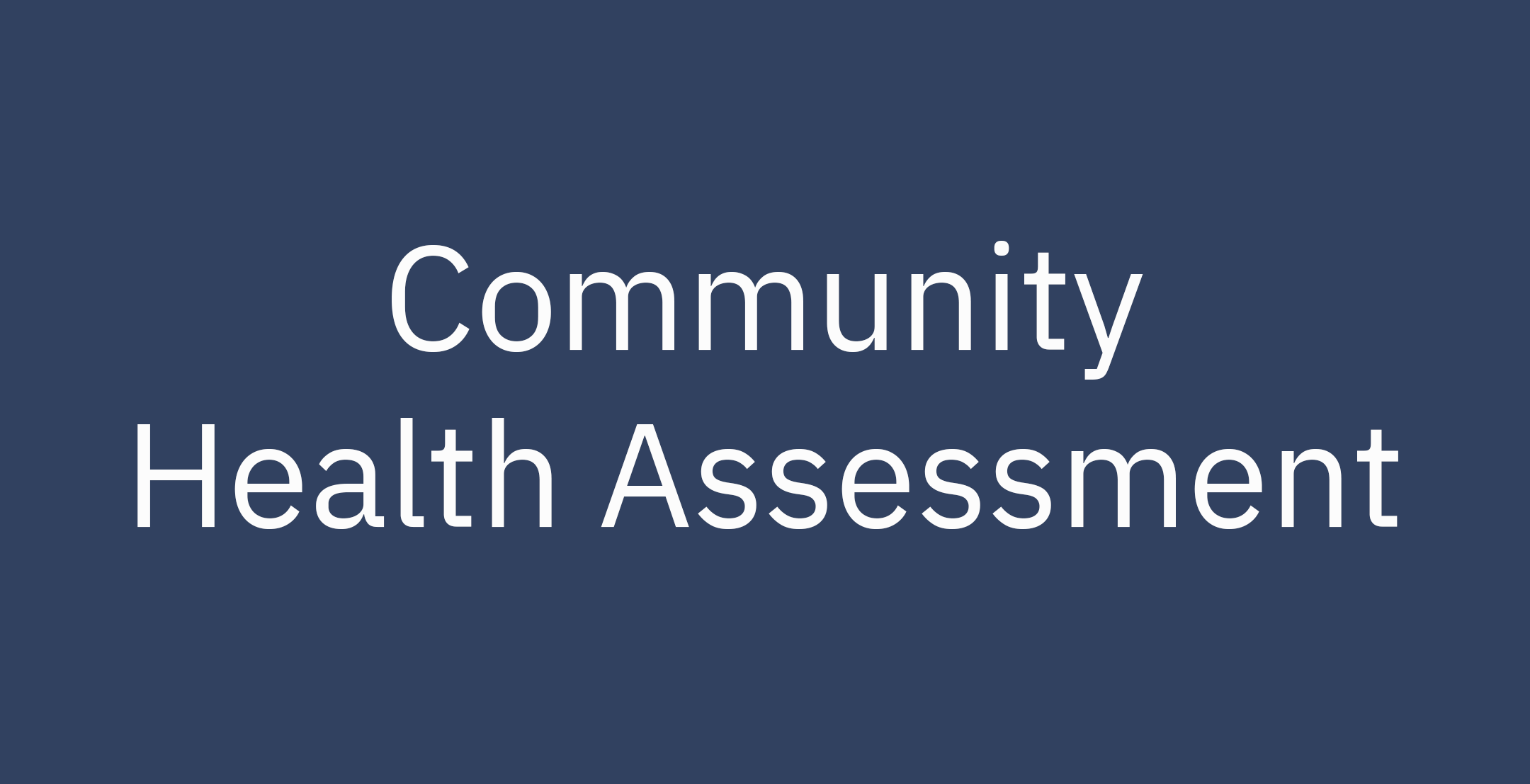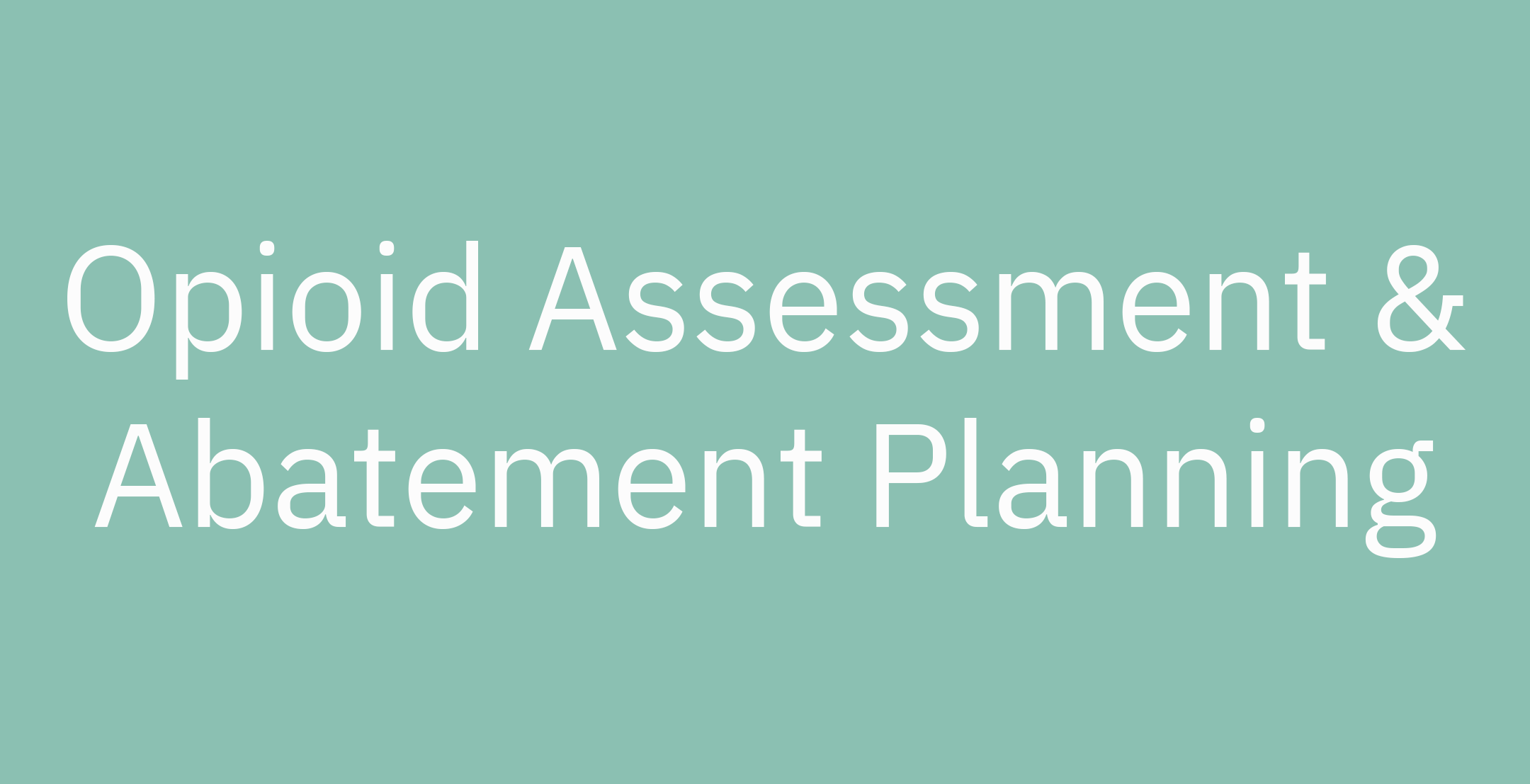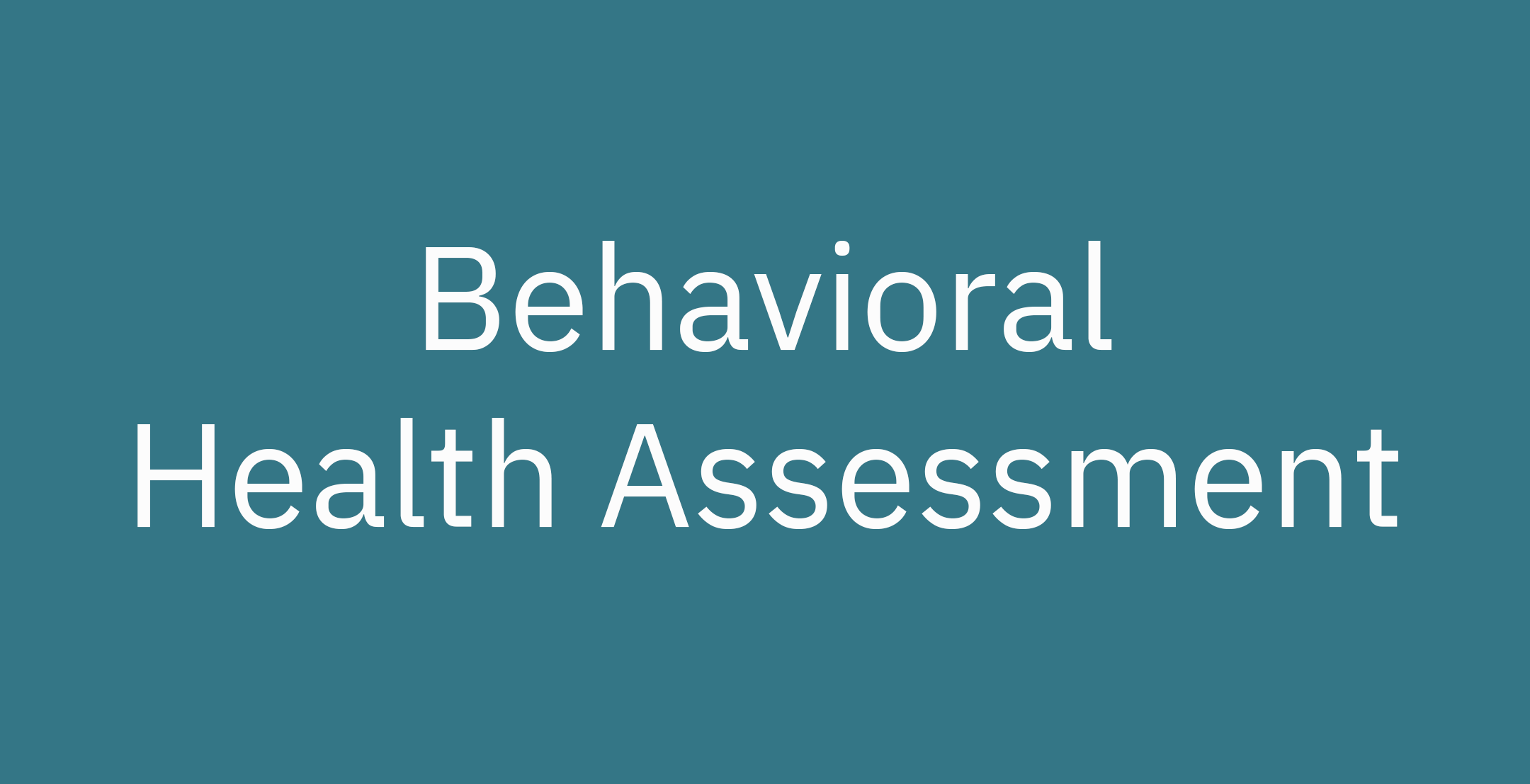
Health Assessment
OMNI’s mixed-methods research teams bring deep expertise in the design and execution of community health and other assessments. Our equity focus, coupled with authentic community engagement strategies, brings to life the real issues that communities are grappling with surrounding health. We explore root causes of community health and partner with clients across the country throughout all stages of the assessment process. OMNI bolsters the effectiveness of its research and evaluation services with complementary capacity-building services provided by staff who bring specializations in the provision of training and technical assistance, community outreach and engagement, strategic planning, and facilitation. This dual expertise makes us uniquely effective in conducting strategic planning processes based on the results of health assessments specifically, as well as engaging in strategic thought partnerships with clients generally to conduct actionable assessments that require the synthesis of complex data to shape strategy and elucidate impact.
Select your health assessment area of interest:
Community Health Assessment
OMNI’s Community Health Assessment Process
OMNI’s process is collaborative and tailored to meet our clients’ specific needs. However, in general, a community health assessment (CHA) process includes:
LISTEN: Collaboration, Triangulation, Innovation Podcast
A discussion of emerging Community Health Assessment methods for shared responsibility in data-driven decision-making between public health leaders and community
PROJECT EXAMPLES
Lincoln County Community Health Assessment
In 2024, Lincoln County Public Health collaborated with OMNI Institute to conduct Lincoln County’s CHA and corresponding strategic Community Health Improvement Plan (CHIP) for 2024-2029. The CHA represents a thorough evaluation of the community’s health and environmental conditions. The Lincoln County Health Department administered two surveys as part of the CHA process: one for youth and one for adults as well as community interviews— all designed to better understand pressing health issues in Lincoln County. The Capacity Assessment evaluated the community's capability to address local priority issues, emphasizing the enhancement of existing initiatives and partnerships. Lastly, the CHIP outlined priorities for health improvement, key partners involved, action plans, and methods for monitoring progress. https://omni.org/lincoln-cha
Boulder County Community Health Assessment
OMNI was contracted by Boulder County Department of Public Health (BCPH) to conduct a CHA and facilitate the development of a public health improvement plan to address behavioral health needs in the county. A public health workgroup was formed to guide the project and involved individuals who work extensively with key underrepresented communities in the county. OMNI compiled secondary data and collaborated with community partners across the county to synthesize qualitative data from other community engagement efforts. We then facilitated a half-day workgroup session with BCPH staff at all levels to further explore emerging strategies and begin the prioritization process for the public health improvement plan. Finally, we design an interactive community event at which both youth and adult community members engaged with the data and provided input on the final strategies selected for the public health improvement plan. The plan built upon current community collaborations and describe priorities for health improvement, involved partners, action plans, and methods to evaluate progress. https://omni.org/boulder-county-community-health-assessment
Maricopa County Community Health Assessment
The Maricopa County Department of Public Health partnered with OMNI on a qualitative assessment as part of its Community Health Needs Assessment (CHNA). OMNI conducted 24 key informant interviews to understand community strengths and assets that support health and well-being, the physical and cultural assets of built environments in communities and how those differ across neighborhoods, and the forces of change (locally, regionally, nationally, and globally) that affect community health. The assessment followed the Mobilizing for Action through Planning and Partnerships (MAPP) 2.0 framework that focuses on the views, insights, values, cultures, and priorities of those experiencing inequities firsthand, and key informants represented 15 sectors across community health (e.g., healthcare, grassroots organizations, law enforcement, etc.). Findings from the qualitative assessment were integrated into a larger CHNA report and will help to determine health priorities and design interventions for inclusion in a Community Health Improvement Plan (CHIP). https://omni.org/maricopa-chna-key-informant-interviews
Eagle County Community Health Assessment
In 2023, OMNI partnered with Eagle County Public Health on secondary indicator data analysis to support the county’s community health assessment and public health improvement planning process. OMNI’s research team summarized available secondary data for Eagle County on various health topics (e.g., chronic disease, substance use, mental health, injury prevention, sexual health, housing, healthy eating/active living, environmental health, etc.) using a health equity framework to organize and analyze the data. Data were aggregated from a number of secondary data sources, including Healthy Kids Colorado Survey, Colorado Department of Public Health and Environment (CDPHE) Colorado Health Indicators, U.S. Census, Center for Disease Control and Prevention’s (CDC) Behavioral Risk Factor Surveillance System (BRFSS) dashboard, and local community surveys. Review and analysis of secondary indicator data included: key trends in terms of disparities across different subpopulations, changes in indicator data over time, and comparisons to the region, state, and/or US to highlight both community strengths as well as areas of need. Ultimately 350 indicators were aggregated and analyzed through this process.
https://omni.org/eagle-co-phip-english
https://omni.org/eagle-co-phip-spanish
Elbert County Community Health Assessment
In 2022 OMNI collaborated with Elbert County Public Health Department to conduct a community health assessment to set priorities for the next five years as a part of their Colorado Health Assessment and Planning System (CHAPS) process. OMNI’s assessment included a review of publicly available data to explore indicators of health and to identify potential gaps or needs in the community, including availability of healthcare providers and support services. OMNI also developed and administered a community survey to identify health priorities as perceived by residents of Elbert County. OMNI’s work accompanied qualitative data collection efforts led internally by Elbert County Public Health Department. https://omni.org/elbert-community-health-assessment
Summit County Community Health Assessment
In 2022, Summit County Public Health and St. Anthony Summit Medical Center, Centura Health partnered with OMNI to conduct Summit County’s community health needs assessment and corresponding strategic Community Health Improvement Plan for 2023 - 2028. The community health needs assessment process took place between February and May of 2022 and included comprehensive input from community leaders and community members. The work of the assessment was guided by a Steering Committee comprised of members from the Summit County Health Care Collaborative, with the addition of other leaders from organizations across the county who have a voice in shaping programs and policy related to community health. http://omni.org/summit-community-health-assessment
Teller County Community Health Assessment
In 2022 Teller County Public Health and Environment (TCPHE) contracted with OMNI Institute to support their Colorado Health Assessment and Planning System (CHAPS) process. OMNI supported TCPHE’s assessment efforts through the development and implementation of a community survey and facilitation of focus groups that included a youth and healthcare provider focus group. Data provided supported TCPHE’s development of their public health improvement plan for submission to the Office of Public Health Practice, Planning, and Local Partnerships. https://omni.org/teller-cha-report
DeKalb County Community Health Assessment
OMNI partnered with the DeKalb County Board of Health to conduct a community health assessment in DeKalb County, Georgia, with the aim of identifying strategic areas of health improvement focused on the topics of nutrition, physical activity, and community/clinical linkages to care. Through secondary indicator data, community survey, focus groups, key informant interviews, community townhalls, and the guidance of a local Steering Community, OMNI worked in collaboration with the county on engaging community driven voice in designing future health efforts.
Behavioral Health Assessment
OMNI has a depth of experience in assessments focused specifically on behavioral health needs and planning. Often, these assessments are used to drive funding decisions, focus programs and strategies on targeted behavioral health goals, or respond to emerging behavioral health issues.
PROJECT EXAMPLES
Virginia Prevention Planning
OMNI has supported multiple needs assessment and strategic planning efforts within Virginia. At the state level, OMNI worked with DBHDS to facilitate a data-driven strategic planning process to refine the way they fund and approach prevention services with a goal of moving them from funding a large number of diffuse prevention strategies to a more focused set of strategies that would yield larger impact. To do this, we first supported a comprehensive needs assessment process, utilizing secondary indicator and data from local communities. From there, we worked closely with the DBHDS leadership team to facilitate a process using various prioritization and consensus-building steps to identify the most important prevention priorities for the state to focus on. Final priority areas were shared with community partners and agency staff throughout Virginia in a series of town halls and focus groups to understand if identified priorities resonated with local need. The finalized priorities were mapped to specific prevention strategies for communities to implement, a restructured process for DBHDS to make funding decisions, and evaluation metrics to monitor progress over the next several years. We have also supported each of their 40 sub-recipient organizations in local needs assessment and strategic planning processes to align with state funding priorities and to streamline implementation monitoring and evaluation.
Virginia Department of Behavioral Health and Developmental Services (DBHDS), Office of Child and Family Services (OCFS)
This project is a partnership with OCFS to conduct a statewide needs assessment on the adolescent behavioral health system in Virginia, including barriers to service access and delivery, and needs relative to prevention, intervention, and recovery services. We are beginning phase two of this work which will focus on behavioral health systems mapping and capacity assessment to identify and address gaps in care; strategic planning for statewide and regional behavioral health plans; and implementation plans, feasibility study, and evaluation design for subsequent strategy implementation.
Boulder County, Colorado Linkages to Care for Behavioral Health
OMNI worked with Boulder County in 2019 to conduct a comprehensive assessment to develop recommendations for a countywide approach to linking people to care for behavioral health needs. Part of that work included engagement and facilitation of a variety of different workgroups employing a highly collaborative process with representatives across departments in Boulder County—public health, behavioral health providers, community services, schools, law enforcement, jails, and district attorneys. Planning and discussions were informed by multiple sources of data and ensured community experts and teams were brought together to innovate and advance possible solutions. Throughout, we implemented various facilitation processes customized to the audiences of each group to maximize engagement and achieve desired outcomes. After compiling information from the workgroup facilitations, OMNI was tasked with developing initial recommendations for strategy implementation, which Boulder County adopted and has continued to move forward through implementation stages. OMNI continues to partner with Boulder County in ongoing evaluation of behavioral health-focused programs within the county and the county’s strategic efforts to better coordinate behavioral healthcare services and ensure residents are connected to the right care when and where they need it. Resulting deliverables include:
Full Report: https://omni.org/bcph-bh-recommendations
Data Summary: https://omni.org/bcph-data-summary
Literature Review: https://omni.org/bcph-lit-review
Behavioral Health Roadmap: https://omni.org/bcph-roadmap-background
Clear Creek County, Colorado, Behavioral Health Assessment and Priority Identification
OMNI partnered with Clear Creek County from 2020-2022 to provide an assessment of behavioral health needs and services in the county to support data-driven decisions on allocating the county's CARES funding. This project was grounded in an analysis of historical data about behavioral health needs, gaps, services, and supports, and focused on identifying opportunities for enhancing the behavioral health system in the county, particularly in light of the COVID-19 pandemic. OMNI led community discussions, interviews, and facilitated sessions with county leadership, services providers, and community members to gain a nuanced understanding of current needs and opportunities related to behavioral health in the county. From there, a set of priorities specific to Clear Creek County were developed to address behavioral health needs across the county. OMNI facilitated a prioritization process with a diverse group of participants, including behavioral health service providers, law enforcement, community volunteers, and representatives from cornerstone organizations and county government, to elevate the most impactful ideas into a prioritized list. This list was presented to the Board of County Commissioners with recommendations for how to fund and implement these within the community.
Final Report: https://omni.org/clear-creek-needs-assessment
Top Recommendations Presentation: http://omni.org/ccna-recommendations
Opioid Abatement & Assessment Planning
A specific subset of OMNI’s projects focus even more narrowly on opioid abatement and facilitating planning processes to support the allocation of opioid-specific funding such as Opioid Settlement Funds.
PROJECT EXAMPLES
Northeast Colorado Health Department (NCHD) Opioid Community Assessment
In 2020, OMNI conducted a needs assessment in collaboration with NCHD to assess opioid-related needs, resources, and priorities in NCHD’s six-county catchment area. This work began with a scan of available secondary data which was then prioritized based on NCHD’s chosen areas of focus. OMNI produced a summary report of secondary data that integrated information from a variety of sources, with the aim to view data at the region and county level as much as possible and present it in accessible formats suitable for community member input. To complement the summary report of secondary data, OMNI also collected input via a survey of healthcare providers, law enforcement officials, and other community partners to identify where to focus efforts. The resulting report and slides summarized the findings and priorities for NCHD to address opioid misuse with the community. https://omni.org/nchd-needs-assessment.
Region 4 Colorado Two-Year Opioid Abatement Plan Development
Beginning in early 2022, OMNI has supported Northeast Colorado Region 4 (Elbert, Lincoln, Cheyenne, Kit Carson, Yuma, Washington, Morgan, Logan, Sedgwick, and Phillips counties) with the development and implementation of their Two-Year Opioid Abatement Plan through facilitation of assessment, planning, and implementation sessions with the Region 4 Council. OMNI initially worked with the Council to identify, collect, and organize current relevant opioid-related data that was available to utilize for a needs assessment process. In addition to pulling secondary data, OMNI conducted key informant interviews with partners affiliated with the behavioral health systems serving the area to gather additional data on the opioid crisis in the region. OMNI then facilitated several sessions with the Region 4 Council to review the data to determine areas of need and home in on potential priorities for the region aligned with allowable uses in the Opioid Settlement Funding MOU.
The Montrose County, Colorado Opioid Planning Consortium (MOPC)
The MOPC consists of seven member organizations and was formed in 2019. Through a previous needs assessment effort, the MOPC identified key findings and community trends alongside available resources to highlight gaps and opportunities to reduce the negative consequence of opioid use. OMNI staff supported the MOPC in a strategic planning process to utilize the needs assessment findings to develop and define goals, objectives, and strategies to address their top three priorities for the next three years. In addition to a final 3-year strategic plan, we also developed evaluation plans that include process, short-term, mid-term, and long-term outcomes the Consortium hopes to achieve.
Other Health Assessment
In addition to a specialization in community health assessment and behavioral health assessment projects, OMNI brings a depth of experience across diverse content in other areas of health assessment. Similar to our other assessment work, these projects focus on understanding areas of strength and need related to public health in various communities.
PROJECT EXAMPLES
Denver and Colorado HIV Needs Assessment
OMNI recently completed the Colorado Coordinated Statement of Need—a 5-year strategic plan that will guide HIV-related prevention, planning, and service delivery in Denver and across the state of Colorado. Efforts included direct engagement with communities in Denver to gather qualitative and quantitative data around service gaps and strategies needed to support effective HIV prevention and care. Numerous behavioral health providers engaged in this process, giving us insight into intersecting behavioral health issues. https://www.omni.org/colorado-statement-of-need-hiv
Wyoming Maternal & Child Health Unit Assessment
The Maternal and Child Health Unit at the Wyoming Department of Health partnered with OMNI to carry out a qualitative assessment to better understand community perspectives around well-child visits, infant safe sleep practices, special healthcare needs, and well-woman visits. An additional area of inquiry was developed to hear from LGBTQA+ community members about affirming care. This assessment utilized mixed methods, relying primarily on qualitative data collection (key informant interviews and focus groups), coupled with a short survey for providers.






















